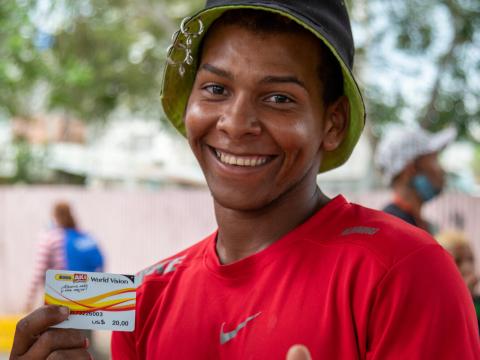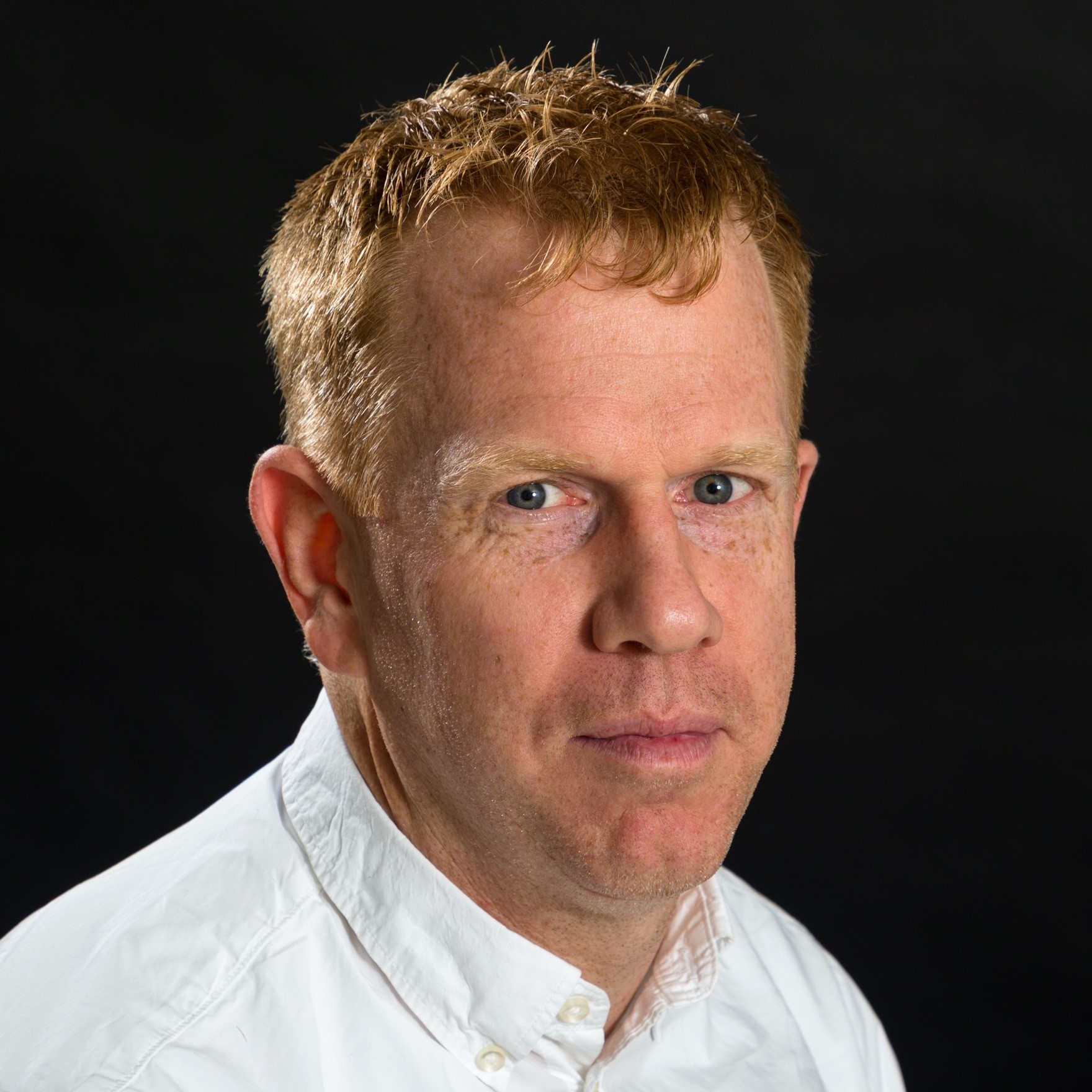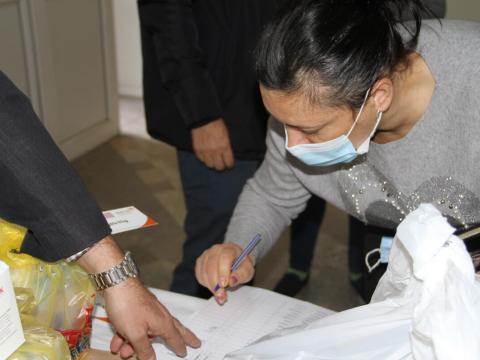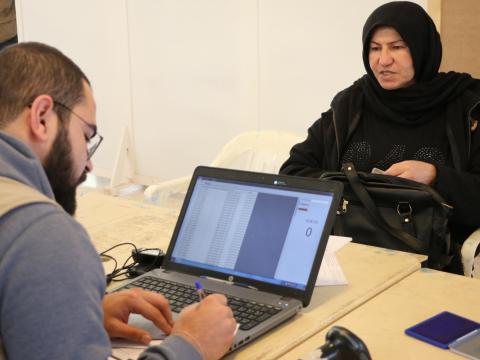
Faith in Action - Putting People at the Centre of Data Management
Amos Doornbos explains how the next step in treating people and their data with respect means enabling access and portability.
Years ago, I found myself walking over a bridge in Mozambique looking at the water rushing beneath. I wondered how many thousands of acres of productive farmland was being washed away. How many parents’ dreams of better life for their children were passing beneath me. I loved my job, but it never stopped breaking my heart.
As I reached the other side, I walked up what remained of the road. I smiled, gave high-fives, and greeted the group of children who gathered around me as I walked. The children took me to some of the community leaders. I sat with them listening to their stories of how the floods were affecting them. Stories of loss, but also stories of hope and how the community was trying to help each other. I explained a little about World Vision, how we might be able to help, and my own role and story. And then I asked if it was ok if I took a few notes and asked a few specific questions.

The first page of the survey reminded me to get consent from the people I was talking to. In fact, there were boxes I was supposed to get ticked by the person I was talking with. I hated this part. I took a deep breath and tried to explain what would happen with the information I was asking about. Of course they were going to say it was ok, they needed assistance and they knew this was part of the process to get it. It’s not like they had other options.
And then one of the younger community leaders spoke up. “We are grateful you came to our village and are willing to help. And we are ok with you using our information as we need your help. However, is there a way you can give the information you collect about each family to them so they can have a copy of it? They might be able to use it in other parts of their lives. And there might be others like you who come asking the same questions and it would be nice to be able to give it to them without needing to answer the questions again. Could you do this for us?”
I was stunned. Looking directly into the eyes of the leader, I said. “Sadly no, I can’t. But it is an excellent idea and will try to figure it out.”
Data management - a faith issue

Digital, data and faith can seem like odd bed fellows. Yet, for me, they are intrinsically linked. We often think technology and data are neutral. They are not. They are not necessarily good or bad, but they are never neutral. At World Vision we believe that we live our faith through our work. Therefore, the technology choices and how we handle data of some of the most vulnerable people on the planet is also an outworking of our faith.
We believe in treating others with the highest levels of dignity and respect. And we seek to keep children and their families at the centre of all that we do. We are then, therefore, required to have an answer to what this means in how we choose the technology we use and how we manage the massive amount of data we collect.
It’s been years since I walked across that bridge, however the conversation has never left me. While we do not yet fully know what it means to put people at the centre of data management, we do know it involves people have access to the data we have about them and greater control over how it is use and with whom it is shared, and so on. This requires us to move out from the centre of data management and enable those about whom the data is to enter in.
Digital management – a partner project

It is exciting for me to be involved in leading an ECHO-funded project on behalf of World Vision and the Collaborative Cash Delivery network (CCD) exploring the governance details of how to put ‘people at the centre of data management’. In addition to governance, we are curating digital literacy resources and working with frontline project staff of CCD agencies and local partners to determine how best to make them as accessible and relevant as possible. The hypothesis is that as people become more aware of their digital rights, they will demand them more.
When we think of digital rights, we often think of privacy, protection, and security. Or in plain English, if our data is collected, we expect it to be kept safe and secure. We don’t like our data being used in ways we find questionable or hearing of data breaches. And while these three areas tend to be the well-known pillars of data protection and security regulations, two of the lesser-known pillars are access and portability. Most data protection regulations and best practice state that we should have access to the data organisations collect about us and we should be able to transfer that data from one organisation to another. Unfortunately, this is rarely the reality on our own lives and in the lives of those seek to serve.
Our project seeks to change this. We seek to make both access and portability a reality for people affected by crises. If you are interested to learn more or to participate in our project, please do get in touch.
Learn more about the CCD's Data Sharing Working Group here
Amos Doornbos is CCD’s Data Interoperability Working Group Lead and Disaster Management Strategy & Systems Director at World Vision International. Contact him at amos_doornbos@wvi.org


